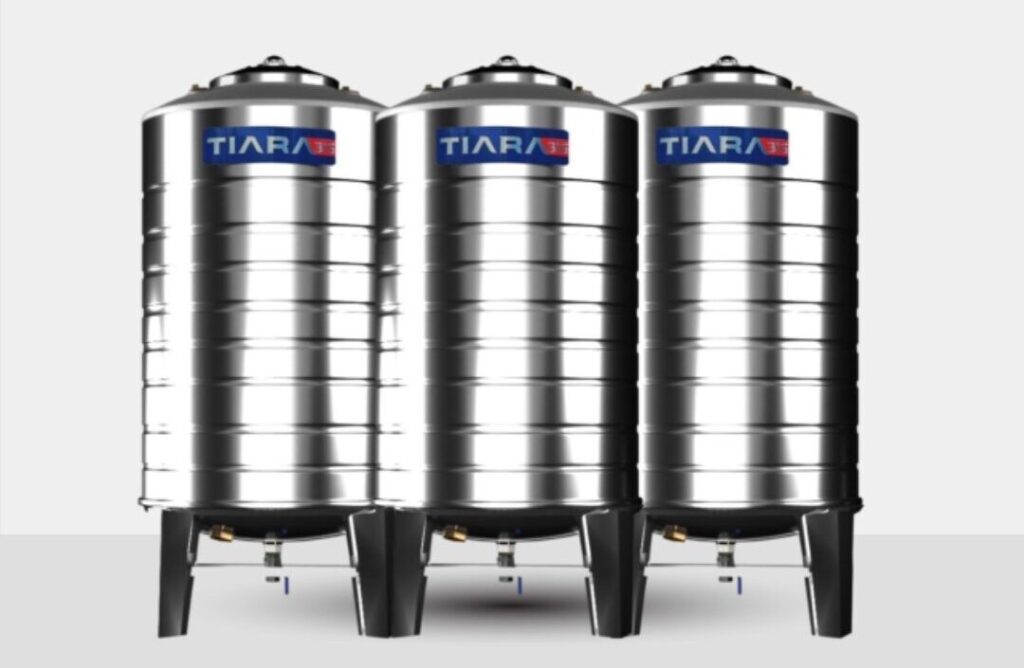
Medical-grade water is an essential component in healthcare and research facilities. It is used in various applications, such as sterilization, laboratory testing, and pharmaceutical production. The purity of this water must be maintained at all times to ensure optimal outcomes and prevent contamination. Choosing the right storage material plays a critical role in safeguarding the quality of medical-grade water, and stainless steel has emerged as the preferred option for this purpose. Here’s why stainless steel is highly recommended for storing medical-grade water.
1. Exceptional Corrosion Resistance
One of the primary reasons stainless steel is ideal for storing medical-grade water is its remarkable resistance to corrosion. Medical-grade water is often deionized or distilled, making it highly reactive with certain materials. Unlike plastic or other metals, stainless steel does not degrade when exposed to such pure water. Its chromium-rich oxide layer acts as a protective barrier, preventing rust and ensuring long-lasting durability. This resistance to corrosion helps maintain the integrity of the stored water over time.
2. Hygienic Properties
Stainless steel is known for its hygienic properties, making it a top choice for medical applications. Its smooth and non-porous surface prevents the accumulation of bacteria, mold, and other contaminants. Additionally, stainless steel can be easily cleaned and sterilized, ensuring that the storage container remains free from impurities. This is especially crucial in medical settings where contamination could lead to adverse consequences.
3. Chemical Stability
Medical-grade water needs to be free from any chemical interference. Many storage materials, such as certain plastics, can leach chemicals into the water, compromising its purity. Stainless steel is chemically stable and does not interact with the water it stores, preserving its original composition. This property makes stainless steel an invaluable material for maintaining the high standards required for medical-grade water.
4. Strength and Durability
Stainless steel is renowned for its strength and durability. It can withstand high pressures and extreme temperatures without deforming or losing its structural integrity. This makes it suitable for various storage and transportation requirements in medical and research facilities. Its robust nature ensures that the storage container remains intact, even under challenging conditions.
5. Environmental Sustainability
In addition to its functional benefits, stainless steel is an environmentally sustainable material. It is 100% recyclable, reducing the overall environmental impact of manufacturing and disposal. Healthcare facilities striving to adopt eco-friendly practices can benefit from using stainless steel for water storage. Its long lifespan also means fewer replacements, further contributing to sustainability efforts.
6. Compliance with Regulatory Standards
Stainless steel containers for medical-grade water often meet stringent regulatory standards. Their composition and manufacturing process adhere to guidelines set by authorities such as the Food and Drug Administration (FDA) or other relevant bodies. Compliance with these standards guarantees the safety and reliability of the storage solution.
7. Aesthetic and Practical Appeal
While functionality is the priority, stainless steel also offers an aesthetic advantage. Its sleek and polished appearance reflects the cleanliness and professionalism expected in healthcare environments. Furthermore, stainless steel containers are available in various sizes and designs, making them versatile and easy to integrate into different settings.
Conclusion
The choice of storage material for medical-grade water is crucial in ensuring its purity and usability. Stainless steel stands out as the ideal solution due to its corrosion resistance, hygienic properties, chemical stability, strength, and environmental sustainability. By investing in stainless steel containers, healthcare and research facilities can guarantee the safety and quality of their medical-grade water while adhering to regulatory standards. Its benefits go beyond practicality, offering long-term reliability and peace of mind for critical applications.


